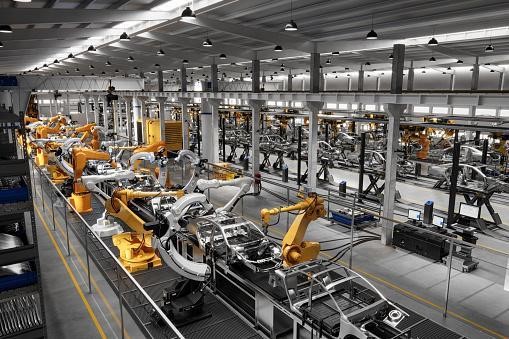The space left by the departure of traditional brands is being filled by Asian firms. Private car sales fell by almost 61% year-on-year in Russia, largely due to Western sanctions curbing access to some materials, falling demand and high prices, which further hamper people's access to a car.
However, according to data from the Russian analytical agency Autostat, sales of Chinese-brand cars increased by 90%, and the market share of brands such as Haval, Chery and Geely rose from a modest 9.6% to 31.3% in just one year.
Currently, the Russian market has an estimated 600,000 units sold, when it usually exceeds 1.5 million, making it the world's 8th largest vehicle market. Even if things are going badly this year, the Russian market is not to be wasted, and China knows that very well.
Historically, Chinese cars met the demand for low-priced vehicles, but now, with the exit of giant Western manufacturers, they are also cornering the market for mid- and high-end vehicles.
Not to mention that China is also behind the resurgence of some historic Russian brands, such as Moskvich, a Soviet-era manufacturer that is now producing vehicles again, but using Chinese JAC engineering, both in design, platform and engines.
As things stand, Chinese automakers could account for around 35% of sales in Russia next year, where the market is estimated to recover to 800,000 units. In monetary terms, the share could exceed 40%.
As we have seen, Chinese manufacturers are taking advantage of the situation in Russia. The exit of European and American manufacturers has left the space open for Chinese manufacturers. Don't forget to subscribe to cartanzania.com to stay informed about automotive news from Africa and around the world.





